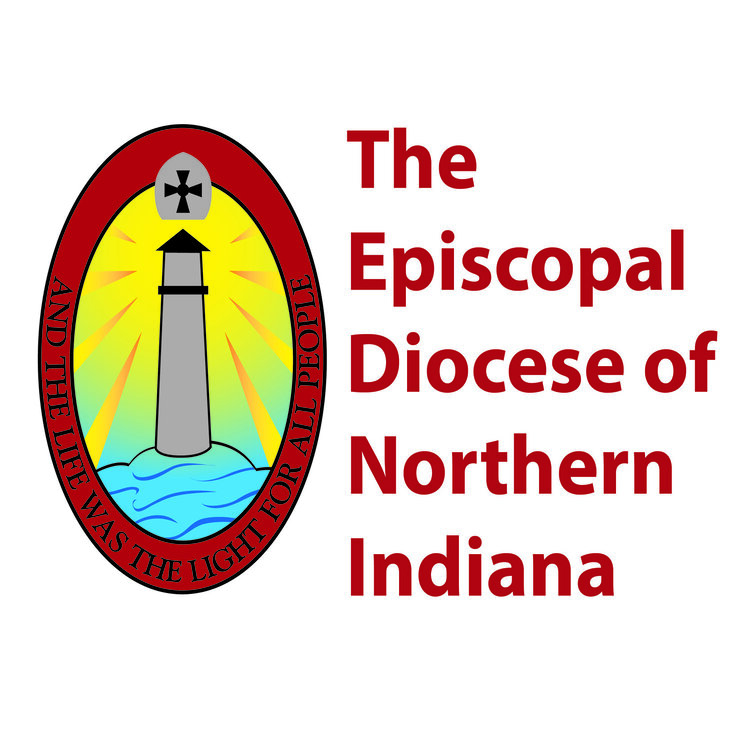“It was a joy and privilege for me to participate in the Big Provincial Gathering of the Province V of the Episcopal Church and be repeatedly immersed in the blessings, which were sparkling from the simple smile of a friend, little chat I had with some new and old friends I met, warm welcome from hosts and organizers, meals, exhibitors’ booths I visited, keynote speech, workshops, music, and Eucharist celebration.
Dismantling Racism workshops will be my focus in the following lines as I share my takeaway. I was vividly struck by the increasing enthusiasm and dedication that shine through various and diverse activities churches are carrying on in their initiatives to respond to the harm and hurt engendered by racism.
“Finding Common Ground Through Racial Reconciliation” (workshop #12) was presented as part of an initiative of Northern Michigan Diocese, focusing on, among other things, building positive relationships with indigenous communities. After one of the presenters, who happened to be Native American, shared his healing story, a strong voice rose up in the room, asking about how much White Americans are participating in the healing journey of the above mentioned initiative. The voice added that the essence of dismantling racism, or of racial reconciliation, or whichever name the initiative takes should be that of mutual liberation instead of making one feel good, referencing Lila Watson, an Australian Aboriginal woman. That voice received standing applause from the audience.
Mutual liberation, what a profound meaning! How much substance of mutual liberation do we intentionally put in our works towards opposing racial discrimination, marginalization, and social injustices? As one once said, “Liberation is not something to be given, but rather it is a movement.” Is it why every Diocese in our Province V in particular should consider embracing Becoming Beloved Community Initiative as a way to more engage the church with surrounding communities and best tackle the tough challenges? Indeed, it is in Becoming Beloved Community Conversations that people start to humanize each other, identify the problem, and establish trust. ”
— Cn. Adrian Niyongabo, Missioner for Community Engagement, Episcopal Diocese of Northern Indiana
